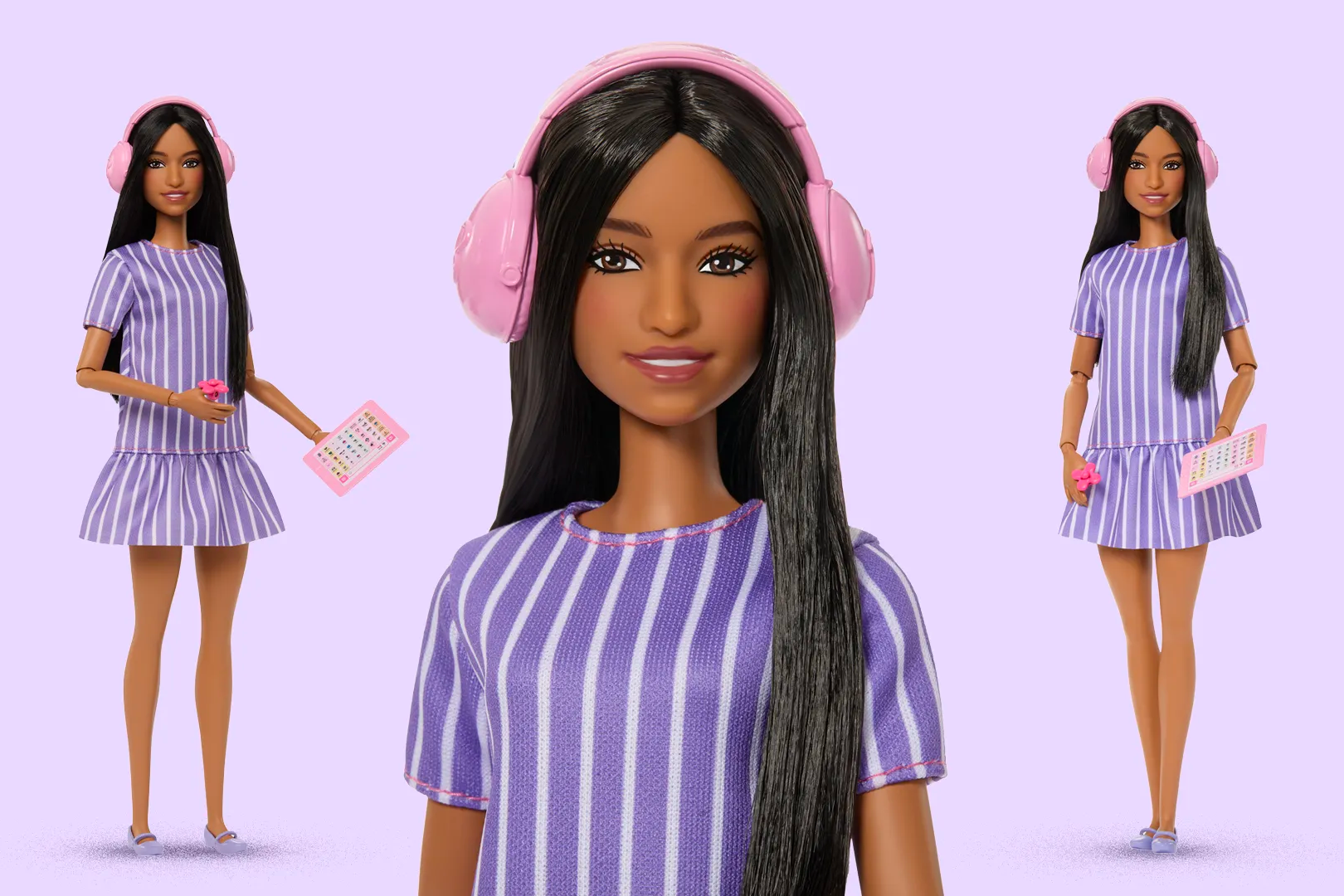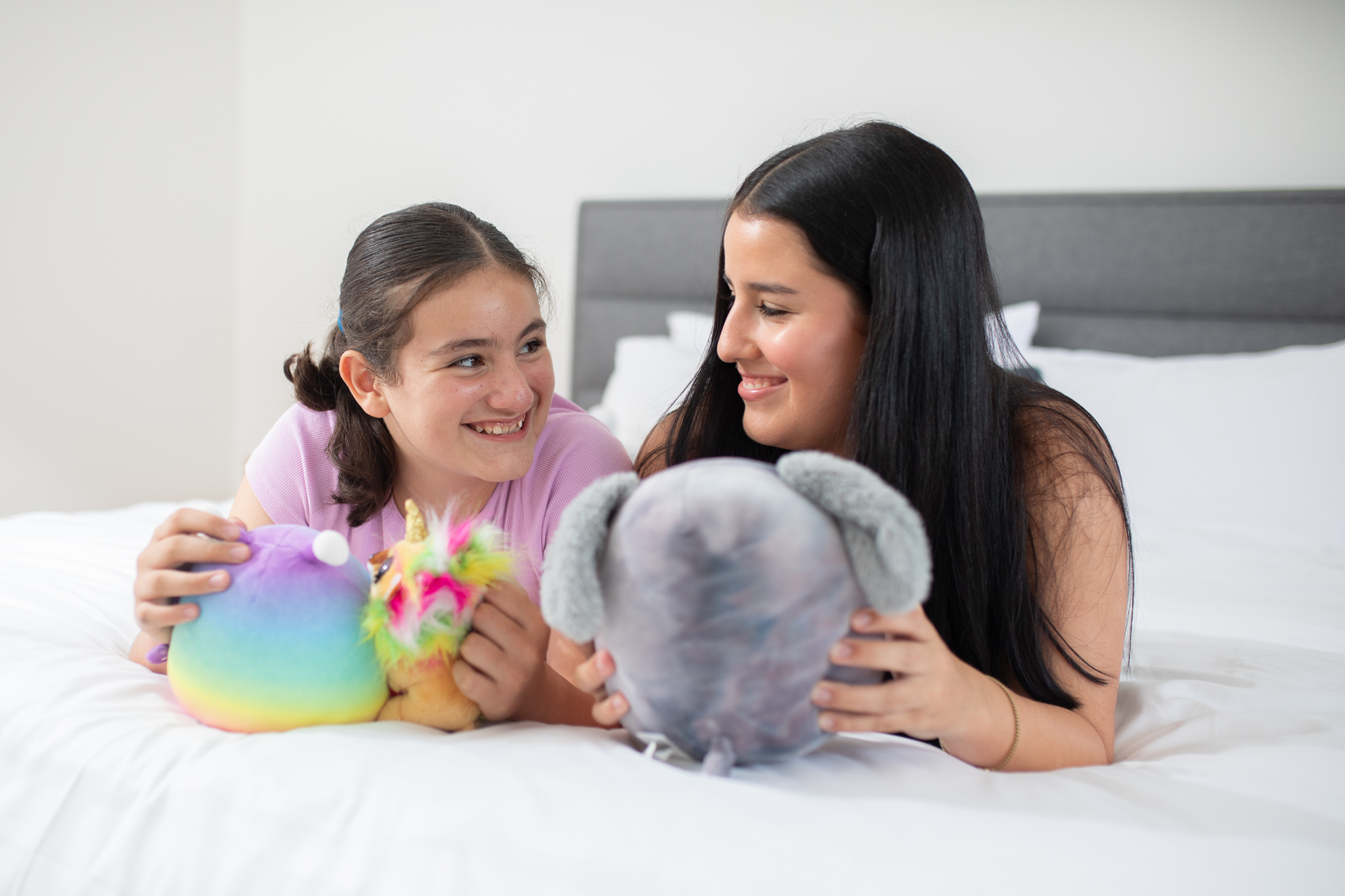Autism and mental health

Trigger warning - this article contains references of suicide, depression and mental health.
If you had asked me six months ago why my eldest child became suicidally depressed, I would have said something along the lines of: 'He is suffering from a chemical imbalance in his brain causing suicidal depression.' I wanted to treat it like any other, serious, life-threatening physical illness to remove the stigma he and I were feeling as his struggles worsened.
When he first became mentally unwell, he hadn't been diagnosed with Autism Spectrum Disorder (ASD). He was 14 when he was eventually diagnosed and I was so shocked. I had an ASD child. He looked ASD and I knew he was autistic by the time he was a toddler.
My eldest, I hadn't even suspected it. I didn't yet know how differently autism can present. Now I do, and I also have an autistic partner. He has helped me understand the price 'high functioning' autistic people pay for trying to fit into a world that hasn't been designed for them.
This is what I think happened to my son. I think he felt different, and did his best to try and fit in. Until his final years of primary school he did a pretty good job of it, until he wasn't anymore and I noticed a change in my little boy.
I was quick to find him a therapist who not only failed to comprehend the danger my child was in but didn't pick up on the ASD. My son went from bad to worse until a serious suicide attempt, after a series of less serious attempts, landed him in the local hospital emergency room. This time we admitted him into the psychiatric unit and it was here that he was diagnosed.
While my son's experience is a more extreme example of how an autistic person's mental health can suffer at the hands of a neurotypical world, it is an important reminder of how important self-care is for those of us who are autistic or who have an autistic loved one. I see it in both of my boys, the fatigue, the exhaustion, the need to self-isolate in order to recover from school and outings and forced interactions.
My daughter is about to begin the diagnostic process. Once again I didn't pick it up, but I had wondered about her. In 2019 she lived as a boy for eight months. She'd always had a tendency to take on the personas of whomever was her closest friend at the time but this one was extreme. She's living as a girl again, but she will also be assessed for autism.
Three for three, not bad if I do say so myself.
I'm not mad about it. Autism is my world. It is my comfort zone, my love language, the only way I know how to exist and communicate. I love everything about autism, not the co-morbidities that can prove even more challenging, but the autistic brain is incredible, the next stage in human evolution as far as I am concerned.
Until the wider community realises this and makes real change to help our autistic loved ones exist, here are the support services my son and I used and continue to lean on for support.
Emergency mental health support
Families of children with autism already spend most of their spare time at therapy appointments and interventions, a little of which actually proved useful. While my eldest was in therapy for mental health support, my little boy was in therapy because he was autistic, so the focus tended to be more on how he can overcome some of his autistic traits, not on his mental wellness.
My eldest found Lifeline and Kid's Helpline when he googled suicide methods. He called both and would talk to whichever would pick up first. He'd done this several times before the night the Lifeline Crisis Support Worker urged him to wake me up because he didn't feel safe that night.
I will forever be grateful for their help to keep my son alive until we were able to access more long-term mental health support for him.
Each operates a phone line and a texting service.
Lifeline: Call 13 11 14, text 0477 131 114 or find out more at lifeline.com.au
Kid's Helpline: 1800 551800 or kidshelpline.com.au
In the event of an emergency dial Triple Zero (000) although this can be patchy when it comes to urgent mental health support and the help you receive from hospital emergency rooms can also be patchy. Still, this is where you need to go if you feel immediately at risk. Once you are feeling more settled, you can access some of the additional supports in this article or contact any services you are referred to while in care.
Face-to-face support
Never underestimate the value of a good GP, one you can truly open up to about your struggles as opposed to those you visit simply to fill scripts or request yet another referral. A good GP can guide you when it comes to local mental health supports and provide you with a Mental Health Treatment Plan which allows you to claim back some of the cost of psychological and psychiatric services.
The sad fact is mental health care comes at a cost. This makes it difficult to find a psychologist or psychiatrist you click with, and the wrong psychologist or psychiatrist is a total waste of money. My rule is they get two chances, and if I'm not feeling it or my kids aren't feeling it, we move along.
There are a couple of GPs we feel comfortable talking to about mental health issues, my daughter has finally found a good child psychologist and I use a therapy app.
Therapy apps
I started out using TalkSpace, and now I am using Better Help. They are both excellent. You download the app, fill in the details including details about your specific struggles and then they match you with a therapist.
I have been through several therapists over the years, depending on what specific issues I feel I need to work on. I needed support while my son was sick, then worked with a different therapist as my marriage broke down.
My previous therapist got me through my father's death and has now referred me onto a colleague for some serious childhood trauma work.
Instead of paying $230 per session, that is the cost of the service for the month, and you can use the text chat as much as you like, access resources and there are also live chat options and weekly video therapy sessions.
Social media and friends
The overwhelming feeling I felt when my little boy was diagnosed was loneliness, followed by overwhelm. Nobody in my family believed he was autistic and argued with me about it. When he was diagnosed I knew all he had was me and I knew nothing about autism or what he would need.
The first person I reached out to was another parent with an autistic child. They supported me and suggested some Facebook groups I could join. Since then I have taken similar phone calls from friends with newly diagnosed kids and supported them and steered them towards the same pages.
That's how I found Autism Awareness Australia and there are also a number of parent support groups and autism support groups where you can just have a vent or a chat or a cry or a rant. We celebrate wins, we support each other and most importantly we remind each other that we are not alone.
My favourite social media pages are:
Finding Cooper's Voice
Autism Parents Australia
Adults with Aspergers
Yellow Lady Bugs
Help You Cope Autism Mums Support
YouTube
Start here: 25 Autistic YouTubers to Check Out
These are incredible resources and my son has learned so much from them. The comments sections are gold. You'll see how common mental health struggles are in the autistic community and many share what has worked for them so you can gain some insight into possible solutions for you.
The point I want to end on is the importance of seeking help as early as possible. I have been in therapy on and off since 2015 and on medication on and off during that same period. It's tough going because the world is not yet meeting us halfway. Mental health issues are also a common comorbidity for autistic people or they become one after years of struggle.
Seek help, but make sure it is good help. If it doesn't feel right, it isn't.
And as always, there are lots of resources you can access at Autism Awareness Australia here.
Article written by Jo Abi, senior writer at 9Honey, media commentator, author, mental health/autism advocate.






